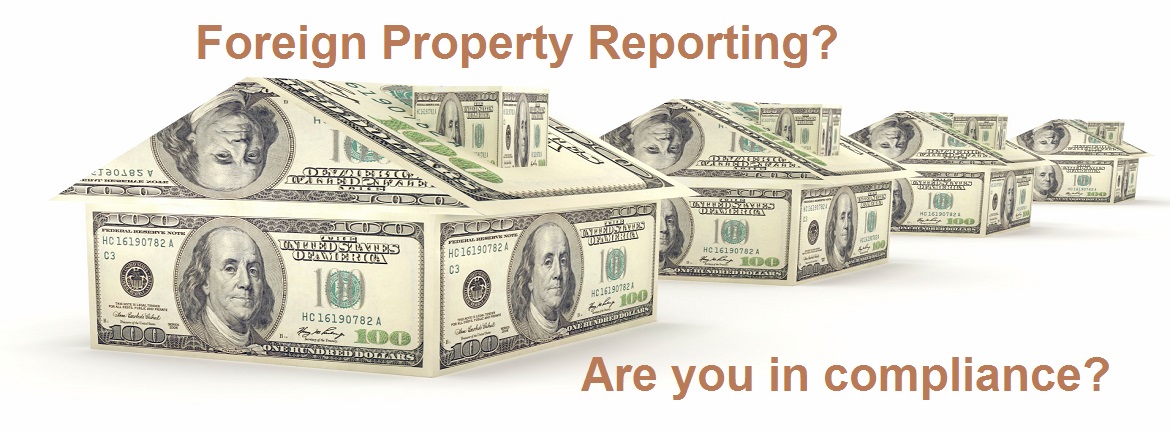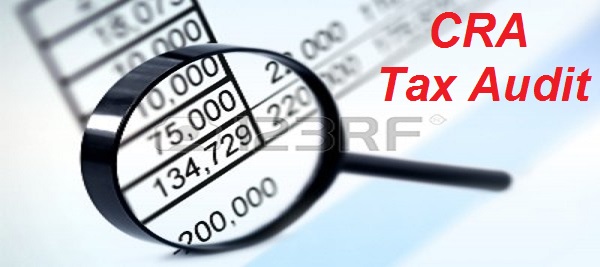Canadian Taxation of Foreign Corporations Doing Business in Canada
If your company is a foreign corporation doing business in Canada, this presentation will give you an overview of how Canada taxes your company’s profits from carrying on a business in Canada.
Just by way of background, my name is Claudia Ku. I am a Chartered Professional Accountant and a Chartered Accountant in Toronto, Ontario. I am a tax accountant with specialized knowledge and experience in Canadian international tax. I help my foreign corporate clients to manage their Canadian tax issues, whether they are income taxes, withholding taxes, payroll taxes or sales taxes. I also help them to meet all their Canadian tax filing requirements. More importantly, I help to structure their Canadian operations so as to minimize the effective worldwide tax rate of the foreign parent company.
In this video clip, I will show you a decision tree which will guide you to determine your company’s Canadian tax liabilities and filing requirements, if your company is a foreign corporation carrying on some types of business activities in Canada.
Domestic Tax Law
First, based on the activities of your company in Canada, your company needs to determine if it is carrying on a business in Canada under the Canadian domestic tax law. Generally, the threshold of activities for a foreign corporation to be considered as carrying on a business in Canada is very low.
If nonetheless your company is not considered as carrying on a business in Canada under the Canadian domestic tax law, your company would not be liable to any Canadian income taxes or required to file any Canadian income tax returns.
Income Tax Treaties
However, if your company is considered as carrying on a business in Canada under our domestic law, your company would then need to look into the income tax treaty signed between Canada and the country in which your company is resident. Generally, under most, if not all of the Canadian income tax treaties, Canada provides relief not to tax foreign corporations’ profits from a Canadian business, if the business is not carried on through a permanent establishment in Canada. Permanent establishment is a defined term in the treaties and can be a topic of its own for another presentation. I do not have time to cover this permanent establishment concept as I want to keep this presentation short. I may do a presentation on permanent establishment so you may want to watch out for it in the future.
If your company’s resident country has signed an income tax treaty with Canada and if your company is not carrying on a business through a permanent establishment in Canada, your company would not be liable to Canadian income taxes. However, your company would be required to file a treaty-based return no later than six months after its year-end.
If your company is carrying on a business through a permanent establishment in Canada, or if your company’s resident country did not sign an income tax treaty with Canada, your company would be liable to Canadian income taxes and required to file a Canadian branch tax return. The final tax payment due date is two months after the corporation’s year-end and the filing due date of the branch tax return is six months after the corporation’s year-end.
It sounds very straight forward and simple to determine a foreign corporation’s Canadian income tax liabilities and filing obligations, in relation to the foreign corporation’s business activities in Canada. However, the devil is in the “permanent establishment” test which can be very complex, especially if you are a US corporation providing services in Canada.
Failure to Comply
The minimum penalty for failure to file a tax return as required is $2,500, plus interest.
The normal statute-barred period for a taxation year of a foreign corporation is four years from the mailing date of the notice of assessment. Therefore, other than penalty, the other drawback for failure to file a tax return as required is that the particular taxation year will never become statute-barred for Canadian tax purposes.
Double Taxation
In the case where your company is liable to Canadian income tax on its Canadian business profits, there should generally be no double taxation if your company’s resident country has signed an income tax treaty with Canada, and your company can claim the Canadian taxes paid to reduce its domestic taxes payable to its resident country.
Other Considerations
Lastly, there may be other Canadian tax implications that your company would also need to consider, including withholding taxes, payroll taxes and sale taxes.
I hope you find this information helpful. You can find my contact info from my website at www.etaxaccountant.ca. Please also feel free to give me your feedback or let me know if you have any particular tax topics that you are interested in.
We Can Help
We are a Toronto Chartered Accountant firm with 20 years of specialized experience in Canadian domestic and international taxation. We can assist with
- Cross border taxation;
- Business and succession planning;
- Canadian personal and corporate tax returns;
- Corporate tax planning and reorganization;
- Retirement planning;
- Estate planning and inheritance tax advice; and
- Tax audit dispute and resolution.
Contact us to schedule an appointment.





